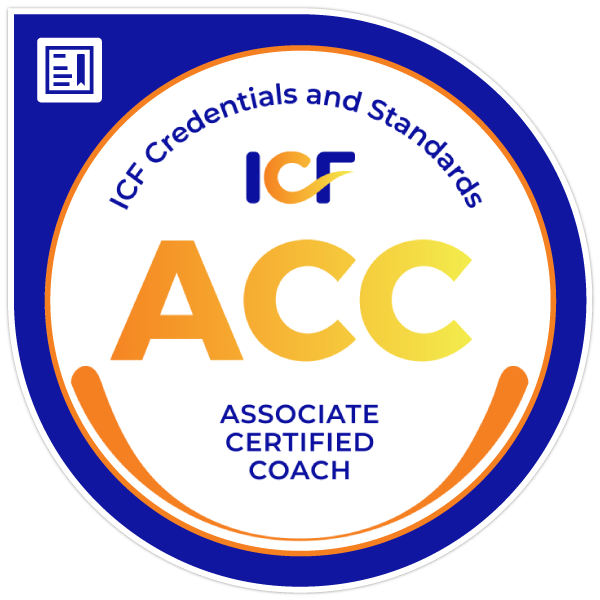Career Guides
The Ultimate Guide to Effective Job Searching Strategies
This guide provides a strategic approach to job searching, covering goal setting, resume and cover letter optimization, networking, interview preparation, and professional development to help you secure your ideal job efficiently.
CAREER Guides
The Ultimate Guide to Effective Job Searching Strategies
Finding the right job can be a challenging and overwhelming process, especially in today’s competitive job market. With so many job boards, networking opportunities, and application processes to navigate, it’s easy to feel lost or unsure about the best way forward. A well-structured job search strategy can make a significant difference in securing a position that not only meets your professional aspirations but also aligns with your values and lifestyle.
Job searching is more than just sending out applications—it requires a combination of self-assessment, strategic planning, skill development, and proactive networking. Whether you’re entering the workforce for the first time, looking for a career change, or aiming for a higher-level role, having a clear and organized approach will help you stand out in the crowded job market.
This guide is designed to equip you with practical, step-by-step strategies to make your job search more efficient and successful. From defining your career goals and optimizing your job applications to leveraging professional networks and preparing for interviews, you’ll find essential insights and actionable tips to help you land your ideal job. By following these strategies, you can navigate the job search process with confidence, reduce the stress that often comes with it, and increase your chances of securing a role that fulfills both your professional and personal ambitions.
1. Defining Your Career Goals
Before you start applying for jobs, take time to reflect on what you truly want from your next role.
- Identify your strengths, skills, and areas for growth.
- Consider industries and roles that align with your expertise and interests.
- Define your non-negotiables, such as salary expectations, work-life balance, and company culture.
- Set clear, realistic career goals and create a timeline for achieving them.
2. Crafting a Strong Job Search Plan
A successful job search requires organization and persistence.
- Create a job search tracker to keep tabs on applications, deadlines, and follow-ups.
- Dedicate consistent time each day to job searching, networking, and skill-building.
- Use a variety of job search methods, including job boards, networking, and direct company outreach.
3. Leveraging Online Job Boards and Company Websites
Job boards are essential tools for finding job opportunities, but they should be used strategically.
- Utilize platforms such as LinkedIn, Indeed, Glassdoor, and industry-specific job boards.
- Set up job alerts to receive notifications for relevant job postings.
- Apply directly through company career pages when possible to increase visibility.
4. Mastering LinkedIn and Online Presence
Employers and recruiters frequently use LinkedIn to find and vet candidates. Make sure your online presence is working in your favor.
- Optimize your LinkedIn profile with a professional photo, compelling headline, and keyword-rich summary.
- Regularly update your profile with new skills, achievements, and projects.
- Engage with industry-related content and share insights to establish your expertise.
- Connect with recruiters, hiring managers, and professionals in your field.
5. Networking for Job Search Success
Networking remains one of the most effective ways to land a job.
- Attend industry events, conferences, and professional meetups.
- Join online communities and participate in discussions related to your field.
- Reach out to former colleagues, mentors, and connections for advice and job referrals.
- Inform your network that you are actively seeking new opportunities.
6. Tailoring Your Resume and Cover Letter
A well-crafted resume and cover letter are essential for standing out to employers.
- Customize your resume for each job application by emphasizing relevant experience and skills.
- Use clear, concise language and quantify achievements where possible.
- Write a compelling cover letter that highlights your fit for the role and demonstrates enthusiasm.
7. Preparing for Job Interviews
Effective preparation can make all the difference in securing a job offer.
- Research the company, its culture, and recent news before the interview.
- Practice answering common interview questions and behavioral scenarios.
- Prepare thoughtful questions to ask the interviewer.
- Follow up with a thank-you email reiterating your interest in the position.
8. Using Recruiters and Career Services
Recruiters and career services can be valuable resources in your job search.
- Work with recruiters who specialize in your industry or field.
- Utilize university career centers or professional coaching services for resume reviews and interview practice.
- Stay in touch with recruiters even after securing a job to maintain long-term connections.
9. Upskilling and Professional Development
Continuous learning can make you a more competitive candidate.
- Take online courses, attend workshops, and earn certifications relevant to your industry.
- Develop soft skills such as communication, leadership, and problem-solving.
- Stay updated on industry trends and technological advancements.
10. Staying Motivated and Resilient
Job searching can be a long and sometimes frustrating process, but maintaining resilience is key.
- Set small, achievable goals and celebrate progress.
- Manage stress through self-care activities such as exercise and mindfulness.
- Seek support from family, friends, or career coaches when facing setbacks.
Preparation, persistence, and adaptability
An effective job search strategy requires a combination of preparation, persistence, and adaptability. By defining clear career goals, leveraging online platforms, networking strategically, and continuously improving your skills, you can increase your chances of landing a fulfilling job. Stay proactive, keep learning, and remain confident in your abilities. Your next opportunity is out there—go after it with determination!
- Update your resume and LinkedIn profile this week.
- Set up job alerts for your target roles.
- Reach out to at least three professional contacts for networking.
- Apply for positions strategically rather than mass-applying.
- Continue learning and refining your job search techniques.
By following these steps, you'll be well on your way to securing your next great job opportunity!


